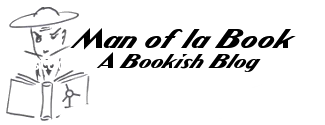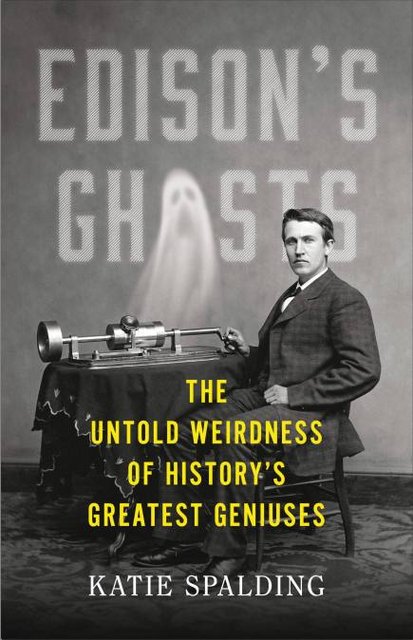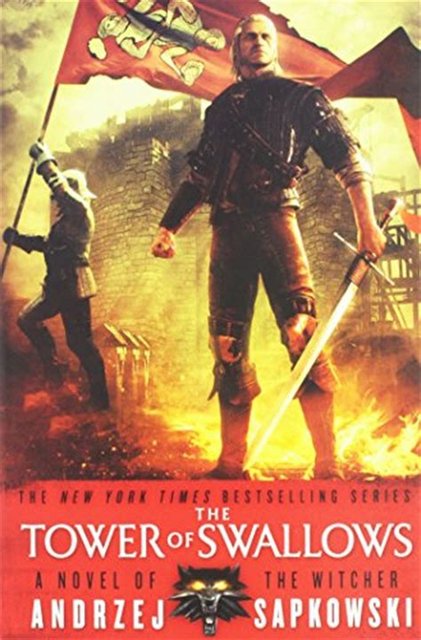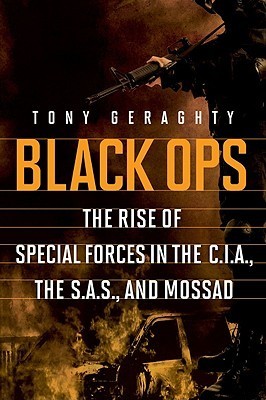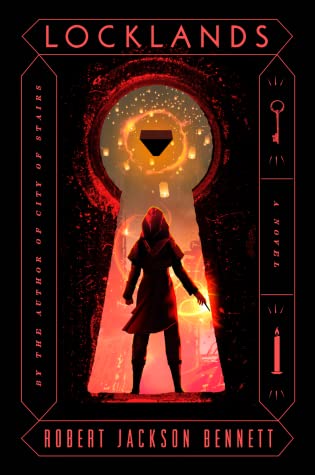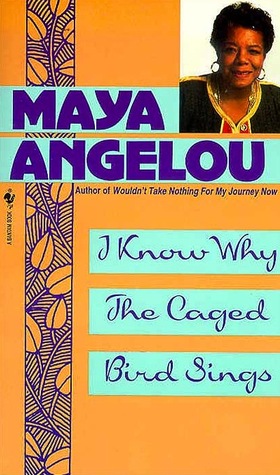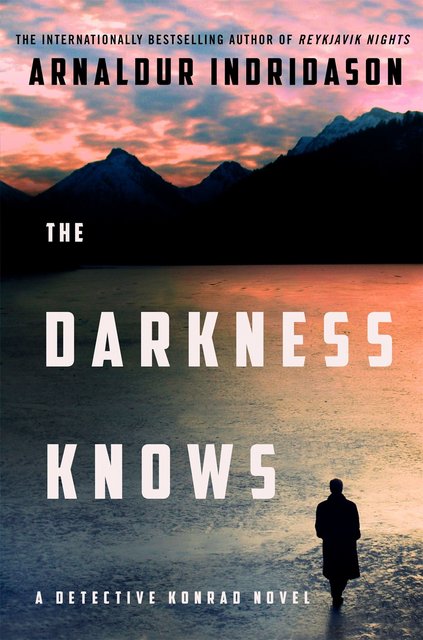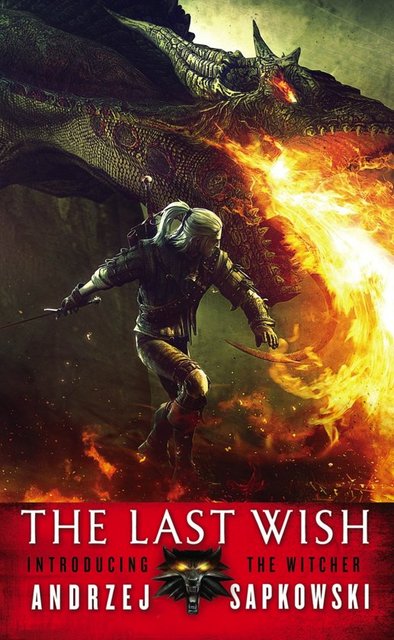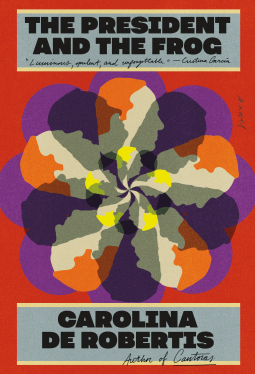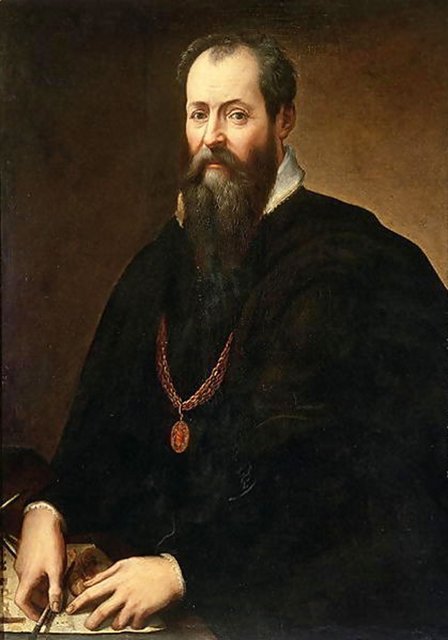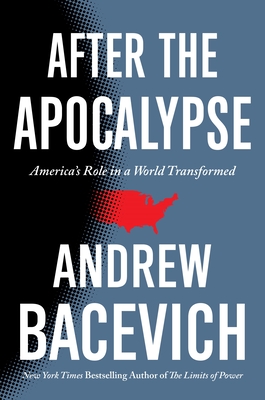The untold weirdness of history’s greatest geniuses. Laugh & learn with 30 mini-bios that humanize these larger-than-life figures. Perfect for teens and adults
Ciri, the Child of Destiny, wants to leave, but she’s being hunted by friend and foe alike. who are looking for her, for different reasons in different timeline
For such a relatively short book, about a wide subject, it contains a wealth of knowledge. There is a lot of insight, accurate research, and knowledge
Mr. Bennett goes a step further in this book when it comes to communication. talking is not needed, people are connected working as one entity for one goal
I Know Why the Caged Bird Sings is the first autobiography I read which I would consider to be literature, written with wit and wisdom to boot.
The Darkness Knows by Arnaldur Indriðason takes place in a small town where, it seemed, you are one or two connections from anyone else living there
This is not part of an epic saga which is a staple in the world of fantasy. Geralt rides the countryside, meeting people, talking to them, and killing a monster
This is a short book, a novella, with a lot to say. The interviewer in this book seem to ask questions she cares about, different from other reporters.
Giorgio Vasari (30 July, 1515 – 27 June, 1574) was a writer, painter, and engineer from Italy. He is considered to be the foundation of art-history writing.
After the Apocalypse is a short book talks about a true, reality based, vision of where American needs to strive towards, and lead.
